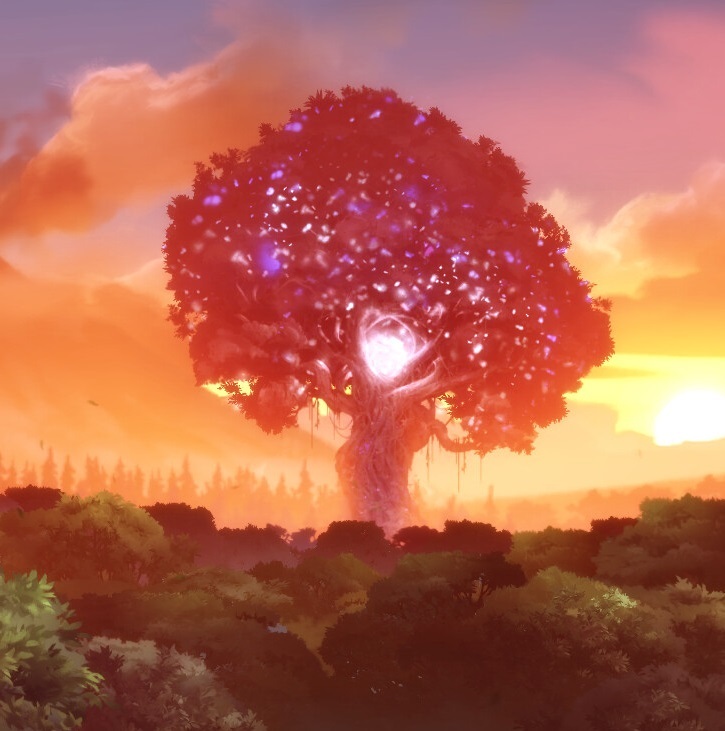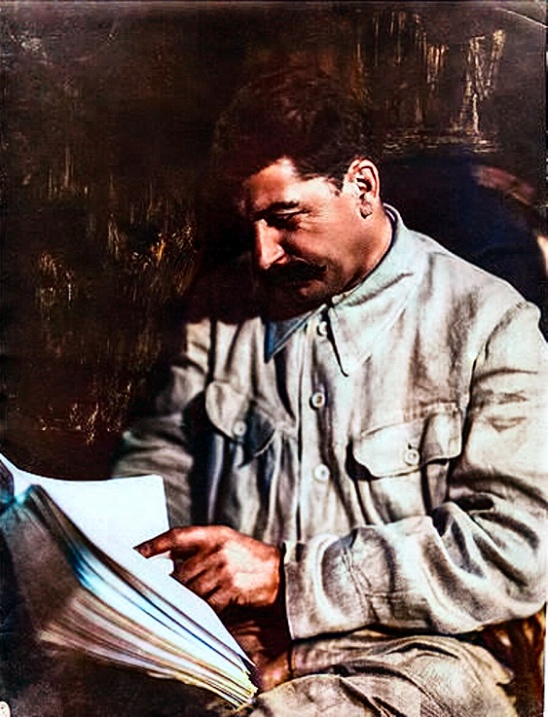Image is of Elon Musk giving the Nazi salute a week or so ago.
I didn’t really want to keep spotlighting American domestic events as I had assumed that shit would calm down pretty quickly, but it appears that the Trump administration, including Musk, are determined to bring down the empire from the inside.
One of the most important lessons of ruling a country - and especially an empire - is to never, ever believe your own propaganda; and yet now we have neo-Nazi failsons disrupting parts of the imperial apparatus and causing general government mayhem because they actually seem to believe in libertarianism; that the state and the capitalists are somehow in opposition, rather than working in lockstep to maximise profit and boost American hegemony around the world.
I’m not so optimistic as to believe that a national collapse is FOUR DAYS AWAY, like those weird anti-China cranks often speculate - the US has at least a decade or two left even under these conditions. But consider the damage being inflicted in these past couple weeks, and extrapolate that over the next four years. Does any living American political figure possess the competency to halt - or even meaningfully slow - the already ongoing decline? And could they achieve power (or even be allowed to do so) after Trump’s term is done?
Last week’s thread is here. The Imperialism Reading Group is here.
Please check out the HexAtlas!
The bulletins site is here. Currently not used.
The RSS feed is here. Also currently not used.
Israel-Palestine Conflict
Sources on the fighting in Palestine against Israel. In general, CW for footage of battles, explosions, dead people, and so on:
UNRWA reports on Israel’s destruction and siege of Gaza and the West Bank.
English-language Palestinian Marxist-Leninist twitter account. Alt here.
English-language twitter account that collates news.
Arab-language twitter account with videos and images of fighting.
English-language (with some Arab retweets) Twitter account based in Lebanon. - Telegram is @IbnRiad.
English-language Palestinian Twitter account which reports on news from the Resistance Axis. - Telegram is @EyesOnSouth.
English-language Twitter account in the same group as the previous two. - Telegram here.
English-language PalestineResist telegram channel.
More telegram channels here for those interested.
Russia-Ukraine Conflict
Examples of Ukrainian Nazis and fascists
Examples of racism/euro-centrism during the Russia-Ukraine conflict
Sources:
Defense Politics Asia’s youtube channel and their map. Their youtube channel has substantially diminished in quality but the map is still useful.
Moon of Alabama, which tends to have interesting analysis. Avoid the comment section.
Understanding War and the Saker: reactionary sources that have occasional insights on the war.
Alexander Mercouris, who does daily videos on the conflict. While he is a reactionary and surrounds himself with likeminded people, his daily update videos are relatively brainworm-free and good if you don’t want to follow Russian telegram channels to get news. He also co-hosts The Duran, which is more explicitly conservative, racist, sexist, transphobic, anti-communist, etc when guests are invited on, but is just about tolerable when it’s just the two of them if you want a little more analysis.
Simplicius, who publishes on Substack. Like others, his political analysis should be soundly ignored, but his knowledge of weaponry and military strategy is generally quite good.
On the ground: Patrick Lancaster, an independent and very good journalist reporting in the warzone on the separatists’ side.
Unedited videos of Russian/Ukrainian press conferences and speeches.
Pro-Russian Telegram Channels:
Again, CW for anti-LGBT and racist, sexist, etc speech, as well as combat footage.
https://t.me/aleksandr_skif ~ DPR’s former Defense Minister and Colonel in the DPR’s forces. Russian language.
https://t.me/Slavyangrad ~ A few different pro-Russian people gather frequent content for this channel (~100 posts per day), some socialist, but all socially reactionary. If you can only tolerate using one Russian telegram channel, I would recommend this one.
https://t.me/s/levigodman ~ Does daily update posts.
https://t.me/patricklancasternewstoday ~ Patrick Lancaster’s telegram channel.
https://t.me/gonzowarr ~ A big Russian commentator.
https://t.me/rybar ~ One of, if not the, biggest Russian telegram channels focussing on the war out there. Actually quite balanced, maybe even pessimistic about Russia. Produces interesting and useful maps.
https://t.me/epoddubny ~ Russian language.
https://t.me/boris_rozhin ~ Russian language.
https://t.me/mod_russia_en ~ Russian Ministry of Defense. Does daily, if rather bland updates on the number of Ukrainians killed, etc. The figures appear to be approximately accurate; if you want, reduce all numbers by 25% as a ‘propaganda tax’, if you don’t believe them. Does not cover everything, for obvious reasons, and virtually never details Russian losses.
https://t.me/UkraineHumanRightsAbuses ~ Pro-Russian, documents abuses that Ukraine commits.
Pro-Ukraine Telegram Channels:
Almost every Western media outlet.
https://discord.gg/projectowl ~ Pro-Ukrainian OSINT Discord.
https://t.me/ice_inii ~ Alleged Ukrainian account with a rather cynical take on the entire thing.


Article Part 1
Article Part 2
This is extremely bloomer content, I love international anti-imperialist solidarity
As typical from Redcuban1959’s posting